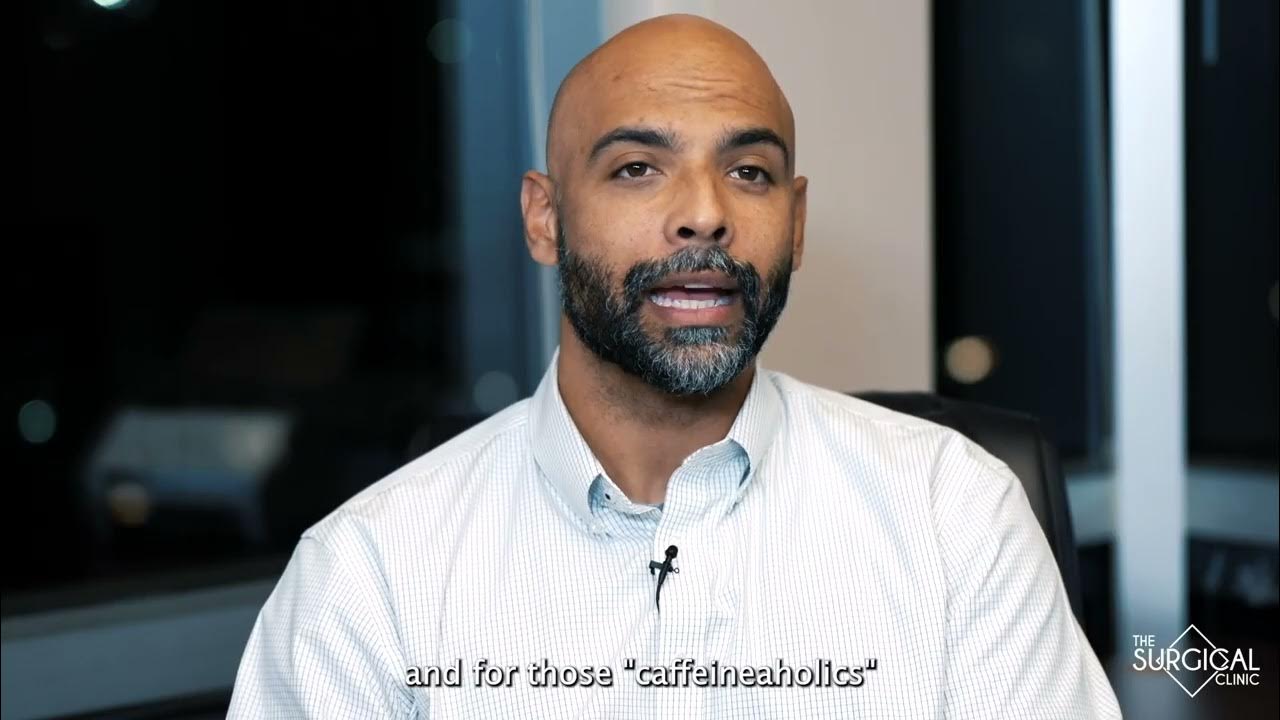The Science Of Motivation
Summary
TLDRThe video discusses the challenges of staying motivated in achieving goals, whether it's losing weight, getting a promotion, or quitting smoking. It explores scientific insights, such as the impact of rewards on performance, the importance of enjoying activities for sustained behavior change, and the effectiveness of 'mental contrasting' in overcoming obstacles. The video also cautions against the 'what the hell' effect, where small setbacks lead to larger failures. Finally, it provides practical tips for maintaining motivation and achieving success in both short-term and long-term goals.
Takeaways
- 💪 Sticking to goals can be challenging, with 45% of people abandoning their New Year's resolutions after one month.
- 💰 Monetary incentives can significantly boost performance in simple tasks, but may hinder performance in complex tasks due to the 'distraction effect'.
- 🧠 fMRI scans show that the brain's reward system is activated similarly whether people are motivated by fun or by a reward, but repeated rewards can decrease self-motivation.
- 🎮 'Play' is identified as the most powerful motivator for long-term behavioral changes, suggesting that enjoying the activity is crucial for sustained engagement.
- 🏋️♀️ Choosing activities that you genuinely enjoy can be more effective for achieving fitness goals than those that are not enjoyable, even if they burn more calories.
- 🚫 Focusing on feeling better in daily life as a goal for exercise, rather than just weight loss, can lead to more consistent exercise habits.
- 🤔 Overly optimistic thinking can reduce motivation by creating a premature sense of reward, whereas 'mental contrasting' (imagining both success and obstacles) is more effective.
- 🍦 The 'what the hell' effect describes how people may give up on their goals after a perceived failure, such as eating a large milkshake before a diet.
- 🛑 Anticipating setbacks and planning for them can help in achieving long-term goals by preventing a complete loss of motivation after a minor failure.
- 📚 The book 'No Sweat' by Michelle Segar is recommended for insights on how to overcome exercise failure and stay motivated.
Q & A
What percentage of people typically drop their New Year's resolutions after one month?
-45% of people drop their New Year's resolutions after one month.
How does the MIT study demonstrate the impact of reward size on performance in simple tasks?
-In the MIT study, students were given tasks where the reward for performance was either $300 or $30. The performance was 95% greater in the group with the higher reward.
What is the 'distraction effect' and how does it affect performance in complex tasks?
-The 'distraction effect' is when economic or emotional pressure causes focus to shift to the motivator, dividing attention and reducing performance in complex tasks. In the MIT study, students offered a high reward performed 32% slower in a complex math problem compared to those with a small reward.
What do fMRI scans reveal about brain activity when people complete a challenge for fun versus for a reward?
-fMRI scans show similar activity in the brain for people who complete a challenge for fun and those who do it for a reward. However, if those offered a reward initially are asked to participate again without a reward, there's a decrease in activity in the anterior striatum and prefrontal areas, which are linked to self-motivation.
Why is 'play' considered the strongest motivator for sustained behavioral changes?
-'Play' is the strongest motivator for sustained behavioral changes because people are more likely to stick with enjoyable activities, which are more sustainable in the long term.
What does the gym membership statistic reveal about people's choices of activities to achieve their goals?
-The statistic that 67% of gym memberships go unused suggests that most people are not picking activities they enjoy, which could be a reason for not achieving their fitness goals.
How does focusing on weight loss as a goal compare to focusing on feeling better in day-to-day life in terms of exercise time?
-In a study investigating reasons for exercise, those focused on weight loss spent 32% less time exercising than those who said they wanted to feel better in their day-to-day life.
What is the effect of only imagining major success without obstacles on reducing cigarette consumption?
-Participants who only imagined major success without considering obstacles were less likely to reduce cigarette consumption, as positive thoughts can trick the brain into thinking the goal is already achieved, reducing motivation.
What is 'mental contrasting' and why is it an effective strategy for goal achievement?
-'Mental contrasting' is a strategy where one imagines a goal coming true and then thinks through the obstacles that stand in the way. It is effective because it combines positive goal visualization with realistic planning, which can increase motivation and goal achievement.
What is the 'what the hell' effect and how does it relate to dieting behavior?
-The 'what the hell' effect is a psychological response where people who have already indulged in a way that contradicts their goals (like having a large milkshake when dieting) are more likely to continue indulging, rationalizing that their diet is already 'ruined.'
How can anticipating setbacks help in achieving long-term goals?
-Anticipating setbacks can help in achieving long-term goals by preparing individuals for the bumps along the road, making them more resilient and better equipped to handle challenges without giving up.
Outlines

Этот раздел доступен только подписчикам платных тарифов. Пожалуйста, перейдите на платный тариф для доступа.
Перейти на платный тарифMindmap

Этот раздел доступен только подписчикам платных тарифов. Пожалуйста, перейдите на платный тариф для доступа.
Перейти на платный тарифKeywords

Этот раздел доступен только подписчикам платных тарифов. Пожалуйста, перейдите на платный тариф для доступа.
Перейти на платный тарифHighlights

Этот раздел доступен только подписчикам платных тарифов. Пожалуйста, перейдите на платный тариф для доступа.
Перейти на платный тарифTranscripts

Этот раздел доступен только подписчикам платных тарифов. Пожалуйста, перейдите на платный тариф для доступа.
Перейти на платный тарифПосмотреть больше похожих видео

A1 English Listening Practice - New Year's Resolutions

Por que recaímos? Como manter o peso? E muito mais...Perguntas e respostas. Parte 1

GERD Trigger Foods, Lifestyle Changes and Treatments | Dr. Joshua Taylor, MD, FACS

MOTIVASI Belajar CODING!!

It took me 25+ years to realize what I'll tell you in 10 minutes...

How To NOT Lose In Life
5.0 / 5 (0 votes)
